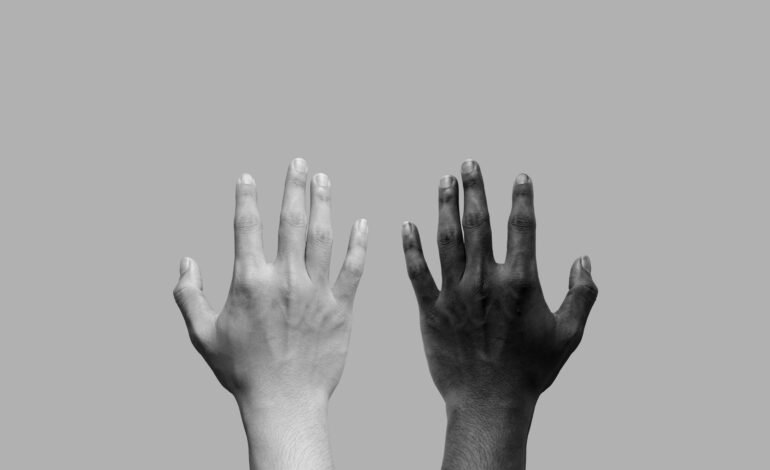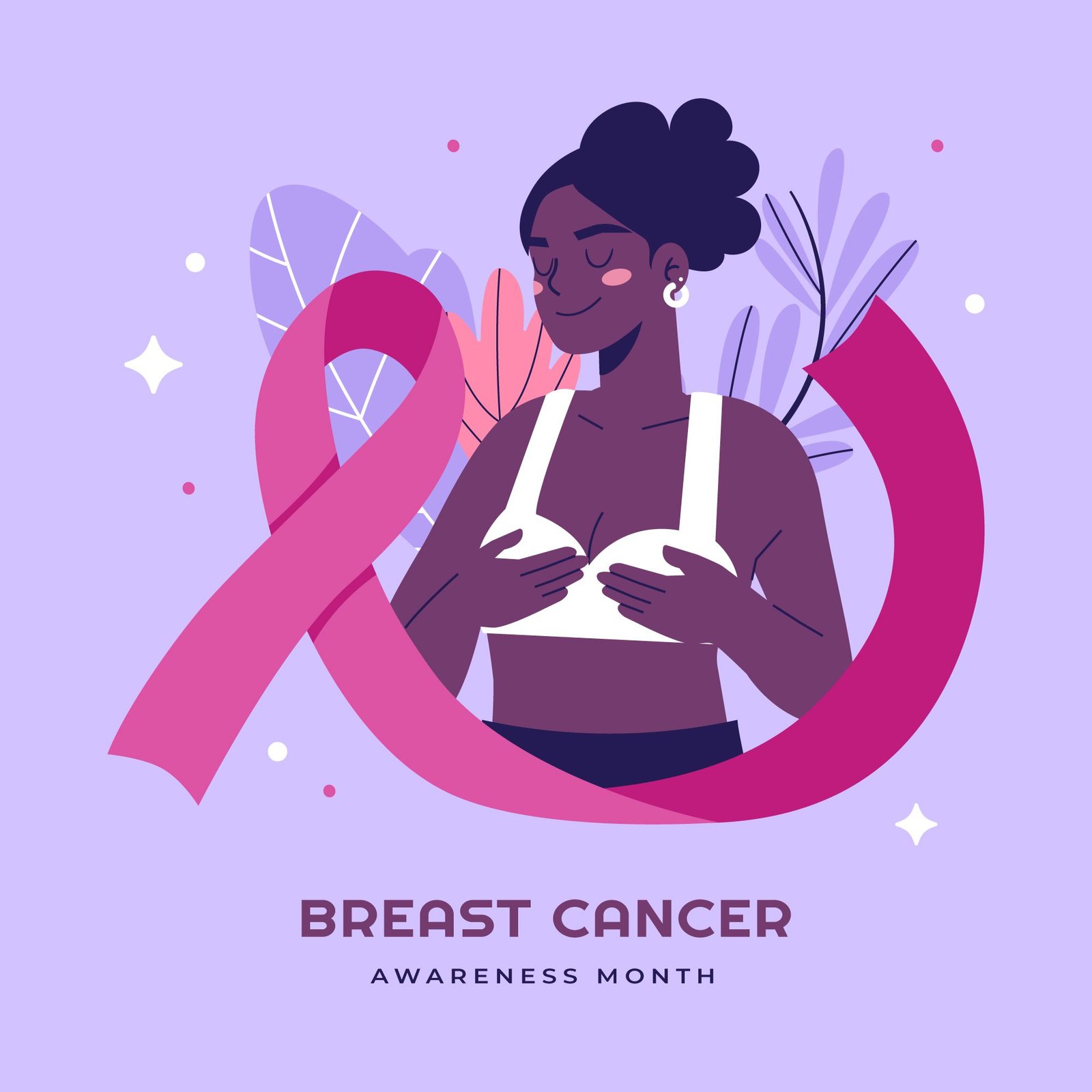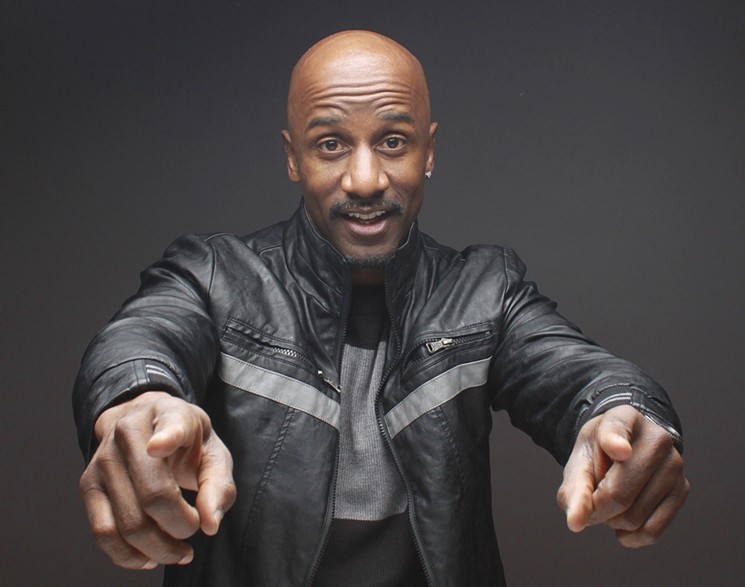The State of Mental Health and Race Relations in the USA: A Look at the Present and Future
Beneath the surface of mental health statistics lies a deeper truth: when your identity is politicized and your pain overlooked, survival becomes the only therapy.

The future of life extension no longer lives solely in petri dishes, CRISPR labs, or the minds of eccentric The intersection of mental health and race relations in the United States has long been a source of societal tension, deeply impacting individuals, communities, and policies. For many, the relationship between mental health and race is not merely academic; it is a lived reality, influencing everything from access to care to everyday experiences of stress, trauma, and discrimination.
As we look at the present state of mental health and race relations in the U.S., it is crucial to understand the ways in which these issues intersect, the challenges faced by marginalized communities, and the paths forward. Mental health struggles, particularly within communities of color, are often compounded by systemic racial inequities. The evolving dialogue around these issues reflects both progress and the need for urgent change in both our healthcare system and societal attitudes toward race.
Mental Health in the U.S.: A Snapshot
Mental health is an issue that affects millions of Americans. According to the National Institute of Mental Health (NIMH), approximately 1 in 5 adults in the U.S. experience mental illness each year. However, the way mental health challenges manifest and are addressed varies widely across different racial and ethnic groups.
The COVID-19 pandemic brought mental health struggles into sharper focus, particularly for communities already dealing with systemic inequalities. Widespread job losses, healthcare disparities, and social isolation caused a spike in mental health issues, including depression, anxiety, and stress. At the same time, the pandemic disproportionately affected communities of color, further exacerbating existing disparities.
For Black, Indigenous, and People of Color (BIPOC), mental health is often entangled with the weight of racial trauma—an ongoing legacy of slavery, colonialism, segregation, and discrimination. This compounded burden creates unique challenges that not only affect mental well-being but also shape how mental health is viewed and treated within these communities.
Racial Trauma and Mental Health: The Weight of Historical and Present-Day Discrimination
In the U.S., racial trauma refers to the emotional and psychological distress caused by experiences of racism and discrimination. This includes overt acts of violence, microaggressions, and even the subtle, pervasive societal prejudices that reinforce stereotypes about race.
- Historical trauma: For many Black Americans, Indigenous peoples, and other communities of color, the wounds of past injustice—such as slavery, the forced relocation of Native Americans, and segregation—remain unhealed. These events continue to shape the collective psyche, with long-lasting impacts on the mental health of individuals and generations.
- Interpersonal racism: Studies show that daily discrimination is a significant factor in exacerbating mental health problems, particularly for Black Americans. Experiencing discrimination—whether in the workplace, at school, or in healthcare settings—contributes to heightened stress and anxiety, leading to conditions like depression and PTSD. In fact, research from the American Psychological Association (APA) has shown that individuals who experience frequent racism may experience higher levels of chronic stress and poor physical health.
- Institutional and systemic racism: Beyond individual acts of discrimination, systemic racism—deeply embedded in institutions such as education, criminal justice, housing, and healthcare—creates structural barriers that prevent equitable access to mental health care. This unequal access to care compounds the psychological strain on marginalized communities, preventing many from receiving timely and effective treatment.
The Disparities in Mental Health Care Access
In addition to the pervasive effects of racial trauma, access to mental health care remains a significant barrier for many communities of color. Despite growing awareness about the importance of mental health, there are still significant disparities in access to treatment, resources, and support systems. Barriers to Care for Communities of Color
- Cultural Stigma: In many communities, particularly among Black and Latino populations, there is a cultural stigma surrounding mental health. Seeking help for emotional or psychological struggles is often viewed as a sign of weakness or something to be ashamed of. This stigma can prevent individuals from seeking care, even when they are suffering.
- Lack of Representation: Studies show that a lack of diversity among mental health professionals can make patients feel misunderstood or alienated. According to the American Psychological Association, only 16% of psychologists in the U.S. are Black, Latino, or Indigenous, and only 6% are men of color. This lack of representation means that many people of color feel that their unique cultural experiences, including experiences of racism, aren’t adequately acknowledged or understood in therapy.
- Socioeconomic Barriers: Economic disparity plays a massive role in limiting access to mental health services. Many people of color are disproportionately affected by poverty and lack of insurance, making mental health care unaffordable. In fact, low-income Black Americans are less likely to have access to mental health care and are more likely to encounter low-quality services.
- Geographic Disparities: Rural communities, which have higher populations of people of color, often face an additional barrier in terms of access to care. Telehealth has grown as an option, but rural areas still struggle with unreliable internet access, further limiting opportunities for treatment.
Race Relations in the U.S.: A Complicated and Tumultuous History
Race relations in the U.S. have long been marked by divisions, struggles for equality, and the fight for social justice. While progress has been made in some areas, the persistent legacies of racial injustice continue to create tensions, frustrations, and inequalities in nearly every part of American life.
The Role of Media and Representation
Representation in the media has historically been a tool of oppression. The portrayal of Black Americans, Latinos, and other marginalized communities has often been stereotyped or minimized. While there has been progress in the diversification of media, these communities still struggle to see accurate, multifaceted portrayals of their lived experiences.
The rise of social media has changed the landscape, providing a platform for marginalized voices and creating a space for activism. Movements like Black Lives Matter and the increasing visibility of social justice movements have brought race relations and racial violence into the mainstream, forcing difficult conversations about police brutality, economic inequality, and educational disparities.
While these movements have fostered progress, they also highlight the deep divides that persist in American society. Events like the 2014 Ferguson protests, the 2016 election, and the 2020 Black Lives Matter protests in response to George Floyd’s murder have demonstrated the urgency of addressing the systemic and cultural forces that perpetuate racism.
Where is Mental Health and Race Relations Headed in the U.S.?
As we look to the future, several trends suggest that the intersection of mental health and race relations will continue to evolve, for better or worse. Here are some key areas to watch:
- Increasing Focus on Mental Health Equity With the growing awareness of the impact of mental health on overall well-being, we can expect more emphasis on mental health equity. Advocates are pushing for policy changes that prioritize equitable access to mental health services, especially for marginalized communities. This includes efforts to expand mental health coverage, increase the diversity of mental health professionals, and reduce the stigma surrounding mental health in communities of color.
- Racial Trauma as a Recognized Mental Health Issue There is growing recognition of racial trauma as a legitimate mental health issue. Psychologists and therapists are beginning to adopt frameworks that specifically address the effects of racism on mental health, with therapeutic practices becoming more attuned to the intersectionality of race, trauma, and mental well-being. The mental health community is slowly moving toward embracing culturally competent care and training therapists to engage with the complexities of racial identity and racial trauma.
- Grassroots Movements and Mental Health Activism Grassroots movements, fueled by social media, will continue to raise awareness about mental health disparities among communities of color. Organizations like Therapists of Color Network, The Black Mental Health Alliance, and The National Alliance on Mental Illness (NAMI) are advocating for more inclusive and culturally sensitive mental health resources. They are pushing for systemic changes in healthcare, education, and social services to address these inequities.
Addressing Systemic Racism
There is a growing push to address systemic racism in institutions such as healthcare, education, and law enforcement. Advocates argue that policymakers must focus on dismantling these inequities to improve not only mental health outcomes but overall quality of life for marginalized communities. More attention is being paid to creating community-based interventions that focus on preventive mental health care and holistic approaches to healing from trauma.
A Call for Action and Healing
The state of mental health and race relations in the United States is deeply intertwined, and while the future holds both challenges and opportunities, the country is at a crossroads. The ongoing dialogue surrounding mental health and race offers hope for greater understanding and change. With policy reform, increased access to mental health services, and a deeper commitment to racial justice, the future could see a society where mental health is recognized as a fundamental right for all, regardless of race or background.
However, real progress will require compassion, investment, and a sustained commitment to confronting the systemic forces that perpetuate inequality and mental health disparities. Only then can we begin to heal the wounds of the past and move toward a future where every individual has access to the support and care they deserve.








